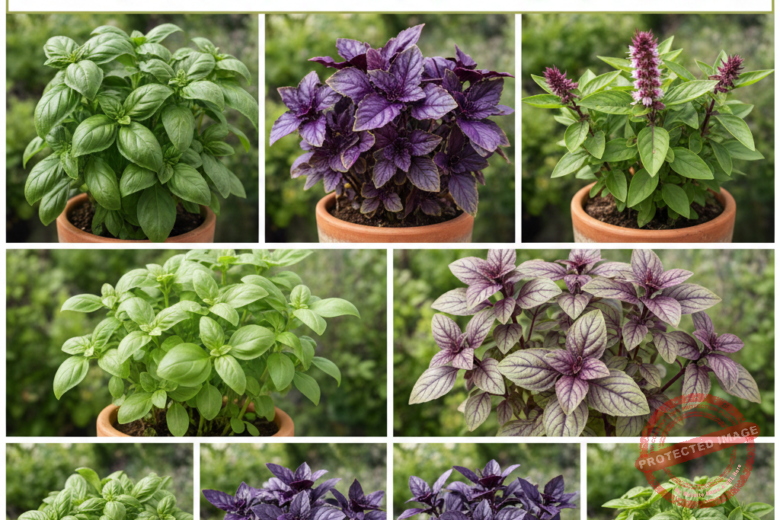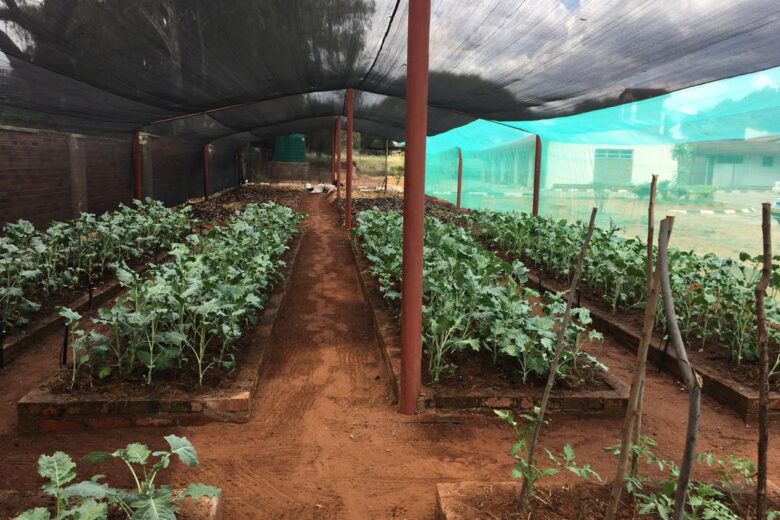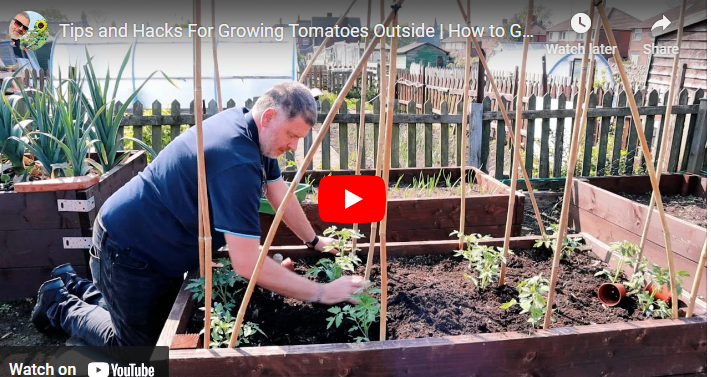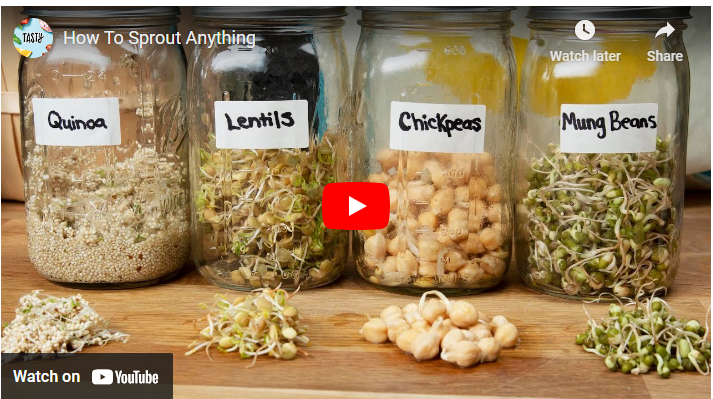Tomato farming is not a tedious activity. Almost anyone can do it, whether in their backyard or in commercial quantities. Tomato cultivation is far more rewarding than you could have imagined. Interestingly, tomatoes can be grown all year, especially where there is a dedicated irrigation system, and or adequate rainfall.
The steps involved in tomato farming in Nigeria include farmland preparation, tomato species acquisition, setting up a tomato nursery, planting, weeding, and fertilizer application.
We will emphasize more on the steps highlighted above shortly, ensure you read through them from beginning to end.
How To Start Tomatoes Farming Nigeria [Beginners Kit]
Going straight to our discourse on how to start tomato farming in Nigeria, we have discussed intensely the major steps you need to follow from start to finish.
Step 1: Farmland Preparation
First, you must acquire farmland with loose loamy soil and access to 8 hours of sunlight per day.
Plowing to “till” or dig up, mix, and overturn the soil; harrowing to break the soil clods into smaller masses and incorporate plant residue; and leveling the field are common farmland preparation methods.
In addition, you must create a canal system in the soil through which water will flow.
Step 2: Tomato Species Acquisition
The best tomato species grown in Nigeria are Roma and hybrid tomato varieties.
The Roma tomato, known for its size and redness, is a plum tomato that is very popular in Nigerian markets. This species is suitable for both canning and making tomato paste. It is also widely available in supermarkets in some countries, such as the United States.
Roma tomatoes are also referred to as Italian tomatoes and Italian plum tomatoes. What distinguishes the Roma species is its long shelf life, hardback, and low water content, which allows it to last longer after harvest.
Step 3: Planting/Setting Up Tomato Nursery
Nursery preparation is best done in March/April when most of the country is just getting started with rain. You can use your backyard part of your farmland, or any other suitable piece of land for the nursery.
Tomatoes grow well in most soil types in Nigeria, but they thrive in black loose loamy soil. Clear the grass and rubble from the ground and loosen the soil with a hand trowel and hoes.
Remove the tomatoes’ seeds and scatter them on the prepared soil. You can cover it with dry grasses to prevent moisture loss from the soil and to keep birds, ants, and fowls from eating the tomato farming seeds.
It should germinate within 5-7 days. Wait about five days before removing the dry grasses to allow for proper growth. Allow the plant to grow for another month before you transfer them to the main farm.
Step 4: Transfer of Nursed Tomato Plants
This is the stage at which you move the already sprouted plants from the nursery to the permanent farm, where they will mature and produce. After 6 weeks of seed growth on nursery beds, transplanting is performed. You now move the seedlings to the main field you’ve prepared.
To avoid dehydration, tomato seedlings should be transplanted the same day they are uprooted from the nursery bed.
Tomato seedlings are extremely delicate and tender. As a result, should be handled with caution. With a small knife or cutlass, open the soil, insert the seedling, and cover with soil.
Step 5: Weeding & Application of Fertilizers
After two months after the transplant, it will be time for weeding. This process is necessary to prevent unwanted grasses from competing with tomatoes planted for soil nutrients, space, water, and other resources.
After weeding, you need to apply fertilizer to help replenish soil nutrients depleted by weeds Tomatoes require nitrogen, phosphorus, potassium, potash, calcium, magnesium, and other trace minerals to grow successfully. It’s always a good idea to have your soil tested for nutrient levels and pH. It is best to use a fertilizer that contains those essential nutrients – N-P-K ratio fertilizer can be very beneficial to tomatoes.
Importantly, you need to grow companion plants such as carrots, onions, and the rest to help ward off pests. Also, stake the farm beds so that the tomato plant stems can rest and curl around them.
Step 7: Adequate Watering
Ensure you supply adequate water to the tomato plants early morning and late noon. Be careful not to overflood the farm so that the tomato root won’t rot.
Step 8: Harvesting the Tomatoes Produce
Tomatoes are harvested in batches. Three months after planting, the first harvest begins. That means that if you plan by April, you should have your first harvest by June/July. It will then continue until November/December.
How Much Does It Cost To Start A Tomato Farm In Nigeria?
Start-up costs for tomato farming range from N100,000 to N1,000,000. It all depends on your budget and the size of your property.
The cost of land is the major expense and it is determined by the location and state in which it is purchased. A plot of land in Nigeria typically costs between N250,000 and N800,000 and up.
How Long Does It Take To Grow Tomatoes In Nigeria?
Most tomato species can take anywhere from 54 to 100 days to mature after being transplanted. Some mature quickly, while others take their time. When ripe, it turns from green to red. During this stage, the farm should be checked regularly to ensure that the ripe ones are picked as soon as possible to avoid contamination.
What Is The Best Time To Plant Tomatoes In Nigeria?
Both the rainy season and dry season weather favor tomato farming in Nigeria. However, during the dry season, it is necessary to irrigate. The best irrigation system for tomato farming is drip irrigation.
For dry season planting, December to February is favorable, while March (the early rainy season) is the best season to start planting tomatoes in the rainy period.
How Can I Start A Tomato Business In Nigeria?
In Nigeria, tomato farming is possible everywhere. The steps to starting your tomato farm in Nigeria are listed below.
- Locate the right farmland
- Select the right tomato species
- Prepare the farmland
- Plant in nursery farm
- Transplant tomato plants into farmland
- Irrigate your farmland
- Weeding and fertilizing activities
- Pest and disease control
- Harvesting
How Much Is A Basket Of Tomatoes In Nigeria?
The price of a basket in Nigeria is between 4,5000 Naira to 5,000 Naira.
Is Tomato Business Profitable In Nigeria?
The tomato business is highly profitable in Nigeria. Mainly because of the high demand by consumers of different sizes.
Which Month Is Best For Tomato?
The best month for tomatoes is March.
Which Month Do You Plant Tomatoes?
The ideal month to plant tomatoes is between December to March.
Which Month Is Good For Tomatoes?
The ideal month that is good for tomatoes in February. This is because it is the beginning of the early raining season which is very much ideal for tomato planting.
How Do You Prepare Land For Tomatoes?
Land preparation is essential when planting a tomato because it is the key to growing healthy plants that produce healthy tomatoes.
Begin by tilling the area where you intend to plant your garden. Then, test the soil for nutrient content and pH levels so you can add compost and fertilizers to create the best growing medium for your plants. You can plant your tomatoes after you’ve amended the soil’s nutrient content.
How Much Is An Acre Of Tomatoes Worth?
Per acre of tomatoes is worth up to N3,500,000.
How Many Tomatoes Can You Plant Per Acre?
Generally, you will get about 3000-50000 tomato plants per acre.
Where Can I Sell Tomatoes In Nigeria?
The tomato market is round the year in Nigeria. This means there is no time that you cannot sell tomatoes.
How Do Tomatoes Farmers Make Money?
there are different ways tomatoes farmers can make money. The majority of the farmers make money from tomato sales. Additional money is made from the leasing of farming inputs, sales of high-yield tomato seeds, and tomato processing, among others.
How Can I Make Money With Tomatoes?
You can make money with tomatoes by selling the product to customers who need them. You can also process the tomato fruits into pastes and sell them as well.
How Much Is Tin Tomatoes Carton In Nigeria?
In Nigeria, the price of a cartoon of tin tomatoes ranges from N15,000 to N27,000, depending on the brand, size, and cartoon size.
How Much Is Tomato Paste In Nigeria?
The smallest tomato paste costs between N70 and N120, while the medium and large sizes cost between N200 and N300 in Nigeria.
How Many Kg Is A Basket Of Tomatoes?
A basket of tomatoes Kg ranges from 10kg (smallest size) to 60kg (largest size
How Lucrative Is Tomato Farming?
Tomatoes are in high demand on the market. And because the demand for tomatoes exceeds the supply, the business is profitable and lucrative.
Can I Plant Tomatoes In July In Nigeria?
You can plant tomatoes in July in Nigeria. However, make sure you don’t plant on water–logged land because this will make the root rot. Also, make sure the farm site is located where there will be sufficient sunlight.
Modern Tomato Farming Techniques
Modern tomato farming techniques are not complex. It is just an improvement to the existing tomato farming technique.
Modern tomato farming techniques involve
- Planting the seedlings in a nursery first before transplanting them to the farmland.
- During the farmland preparation stage, you have to test the PH level to be sure it has the necessary PH level desired. If not, you can prep up the PH level.
- During farm leveling, ensure you introduce manure or fertilizer as well as spray the farmland to keep it safe from pests and insects.
How Profitable Is Tomato Farming In Nigeria
Tomato farming in Nigeria is very profitable, and you will have no trouble marketing your products because of the high demand for the farm produce on daily basis.
Dry Season Tomato Farming In Nigeria
Dry season farming in Nigeria is increasing intending to meet the increasing demand for food production in Nigeria.
The process of dry season farming is not different from when it rains. However, an irrigation system is employed for soil and plant watering.
There are considerations to be made before embarking on dry season farming. these are farm location, water and power, soil preparation, selection of tomato seeds, drip irrigation, nursery, transplanting, pesticides selection, and staking of the farm beds.
Hybrid Tomato Farming
Hybrid tomato farming includes nursery preparation and planting, adding manure to the irrigation, fertilizer application, staking, intercropping, pest management using fungicide and pesticides, and harvesting.
When Is Tomato Cheap In Nigeria?
The cost of a basket of tomatoes is typically low in Nigeria from September to March each year. However, prices frequently increase from May to July.
Conclusion
Tomato remains one of the most demanded vegetables in Nigeria. This venture is highly profitable and it is a means to make money. Ensure you follow the steps outlined and discussed in this material for optimal results.




plz mr adeweb i need to lean more on tomato farming im in nigerie
Where is your location in Nigeria? If you need mentorship guide, you will need to pay a token fee as consultation. Thank you.
However, there are other information I have made available as regarding tomatoes Farming, you can do a search on this blog homepage to look for topics of your choice, and if you have problem or difficulties in your farming field, do let us know via this section.
Yes I do need mentorship guide
For consultation how can I chart with you
For consultation, You may reach me via WhatsApp on +2348131116906. But do know, consultation fee will be charge